When I came across AS Byatt’s description of the modern sentence, it was with a sense of deep familiarity.
‘A good modern sentence proceeds evenly, loosely joined by commas, and its feel is hypothetical, approximate, unstructured, and always aiming at an impossible exactness which it knows it will not achieve.’ (A. S. Byatt, “True Stories and the Facts in Fiction”, in On Histories and Stories, Selected Essays, Harvard University Press 2001)
The sentences Byatt described were the kind that I wrote naturally, it seemed to me instinctively, that I felt at home in. And I immediately recognized the irony; for it is precisely the feeling of being ‘at home’ that is unsettled by such syntax, interrogated by it.
Nevertheless, it felt good. It seemed that, during the years I was teaching myself to write, finding my voice as a writer, I had tapped into a mode of contemporary English that was meaningful because it expressed doubt about meaning, because expressions of doubt and uncertainty were fundamental to it. I had found a sentence construction that belonged to my time and I had made it mine.
Some months ago, I had the opposite experience. I received a reader’s report on a fiction manuscript I had submitted, a report complaining about my sentence construction. The reader described my parenthetic sentences as ‘like listening to a radio that isn’t correctly tuned to the station.’ I didn’t understand the criticism, and puzzled over it. I tried to initiate a dialogue with the reader, but this proved useless.
I finally concluded that, not only did this particular reader have no interest in what was happening inside my sentences, but she had no sympathy for the modern traditions I was writing out of; indeed, to her, they weren’t modern. They were, if she bothered to consider them at all, a thing of the past.
This experience has led me to look differently at writing trends, and to think back over the novels I have reviewed over the last fifteen years.
Many of the books I receive for review are written in the present tense. The present has become the norm, and normative. Sentences which are constructed out of it are shorter and, for the most part, direct; the visual image I have is of sentences all facing the same way.
Partial, verbless sentences are common, or ones in which the present participle is expected to do the work of a whole verb. The idea, I believe, is that this way of writing brings the reader right up close to the characters and the subject matter. The word ‘immediacy’ is often used on back cover blurbs. But I have never, either within an individual review, or in the discussion that goes on around them, found anybody making a case as to why immediacy, conceived in this way, matters. The beneficial effects are taken for granted.
I would love to find a discussion somewhere about what might become lost as this fashionable style spreads. Ambiguity has its dangers; I’m well aware of that. But I wish someone would explain to me why getting rid of ambiguity is better, or convince me that prose that strikes my ear as glib and shallow has more to offer than I give it credit for.
The present tense is supposed to bring readers right up close to the action, to make them feel that they are part of actions that are happening right now. These are illusionist’s tricks. You might argue that all writing makes use of illusion, and it does. But what troubles me is that the ubiquitous present, unrelieved by any other tense, unrelieved by even the pretence of narrative distance, makes it all too easy for the narrative voice to celebrate superficial reactions and emotions and to look no further.
Another way of putting it, is that the novels read like a rehearsal for the books they might be, if only their authors would reflect more deeply, and make sure their readers were given the space and the time to reflect as well.
You can read an essay I wrote for Spectrum on the present tense here.
Thank you for your comment, Sara. I feel I have gone out on a limb with this, and to be thinking and speaking against the trend. But it disturbs me that so much of what is considered good writing these days goes unquestioned. I would especially like to see notions of ‘immediacy’ and ‘distance’ properly discussed.
There are a lot of conventions afoot now that are very difficult to address let alone transcend. Part if the difficulty lies with marketing and a consequent timidity, especially in light of the uncertainty brought about by the web ascendancy. I think that’s a phase – comparable to the scare about films when television came on the scene. But another negative influence I think has been the proliferation of university writing courses – ironic, that because I was an advocate for them at one stage. Certainly what’s called literary fiction is having a time if it but if you look at the historical record it always has. Woolf had to self publish, so did Whitman. If it wasn’t for Sylvia Beach Ulysses would probably never have got published. As for intimacy and distance – I think the latter can be beautiful and in one sense at least is essential to art.
Thanks for some interesting comments, Dorothy (and Sarah). I’d like to read Byatt’s essay some time.
I think Sarah is right, if I understand her correctly. It seems that readers (at least many readers I’ve come across) highly value identification with the characters. If they can’t identify (empathise) they don’t like the book (which I guess is why some say they don’t like a book because they don’t “like” the characters). This empathy is, I guess, easy to obtain in present tense – not only are you close to/in the action but you feel with the characters.
I’ve got to the point sometimes where I’ve felt there’s something wrong with me as a reader (or, even, as a person!) because I read with my mind (if that makes sense).
Love the comment about sentences, paragraphs and rhythm too … rhythm is important to me as a reader. I think it’s partly for the rhythm that I read (fiction) fairly slowly. I like to hear and feel it in my head.
Thank you Whispering Gums and thank you again Sara.You raise the issues of empathy, of intimacy and of readers identifying with fictional characters. These are aspects of the reading experience which I value, and wouldn’t want to do without. In my view, empathy and intimacy can be achieved in countless different ways. Paradoxically, or perhaps not, they can be achieved by a writer deliberately creating narrative distance in some parts of her, or his, story. Moments of intimacy, when they come, can be all the more cherished because of this.
My criticism is of fashions and conventions which seem to me to be narrowing the range of styles and approaches, rather than enlarging them. This has been my experience as a reader and reviewer over the last decade and a half.
Yes, Dorothy – it’s that exciting in and out. Like the way a camera works. But we’ve had THAT discussion before.
Hi Dorothy, Sara and Whispering Gums
I’m like Sara in that I rarely think consciously about sentence rhythm, but I believe it underpins my relationship with the writer’s mind. Certainly there are writers I immediately think of when I consider it – Jane Austen, Joyce, Bolano, Flann O’Brien, Sebald, Raymond Chandler (not Carver) are a few who come to mind. And I do often find novels written entirely in the Present irritating, like being shoved into a very bright room with no freedom to lower the lights. Perhaps the dominance of visual media over the plain printed page has something to do with it – everything has to be in primary colours. It’s an old trick – they even do in in Sir Gawayne and the Grene Knyghte, but only for moments of eminA1 swerheightened drama.
A related issue for me is what seems to be the received wisdom about Point of View. I like as a writer and a reader to be able to move in and out of closeness with the character and I don’t think there need to be big flags that the POV is changing. I think it has a similar effect to the sentence movement ASB is talking about, gives depth, dimension and engagement of the reader’s mind. But writers I talk to, veterans of many a creative writing workshop, seem to consider it an article of faith that you don’t change POV without clearly signalling it.
“I do not write for such dull elves
as have not a great deal of ingenuity themselves”
Jane Austen said.
Perhaps not the best way to write a best seller!
-
Have always loved that Austen quote, Joan.
Intersting point Dorothy re the narrowing of styles and approaches. Murray Bail made a great point at the NLA conference I attended a couple of weeks ago about needing readers who are explorers, who are willing to take a risk. He was suggesting that pushing the boundaries in writing requires afford from the writer and the reader.
Do you think empathy and identification are different things?
August 22, 2013 — 4:24
A hard question, Whispering Gums, and a very good one!
I feel empathy for characters I don’t identify with – even characters who are in some way monstrous. So I guess the distinction I would make is between identification which pre-supposes some sort of kinship, and the willingness to put oneself in the character’s place, and empathy which is a synonym for compassion.
Yes, that’s a good point of Murray Bail’s. All serious readers make an effort, I think. We want to understand, and we want our efforts at understanding to be rewarded too…
-
Yes, that’s how I believe I feel. My concern is that many readers seem to want to identify – and don’t like a book if there’s noone they can identify with – whereas for me it’s more about empathy and understanding, about feeling I’m learning more about humanity, who and what we are.
August 24, 2013 — 15:33
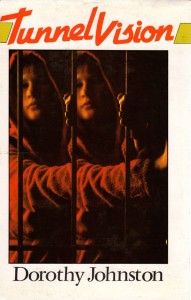
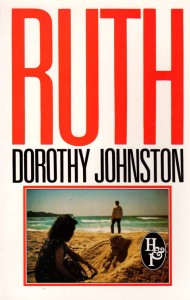
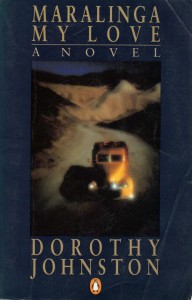

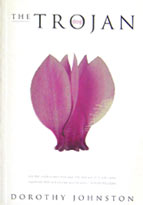
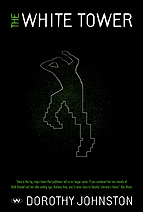
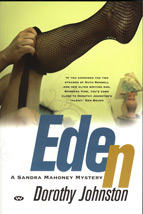
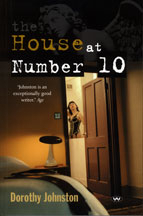
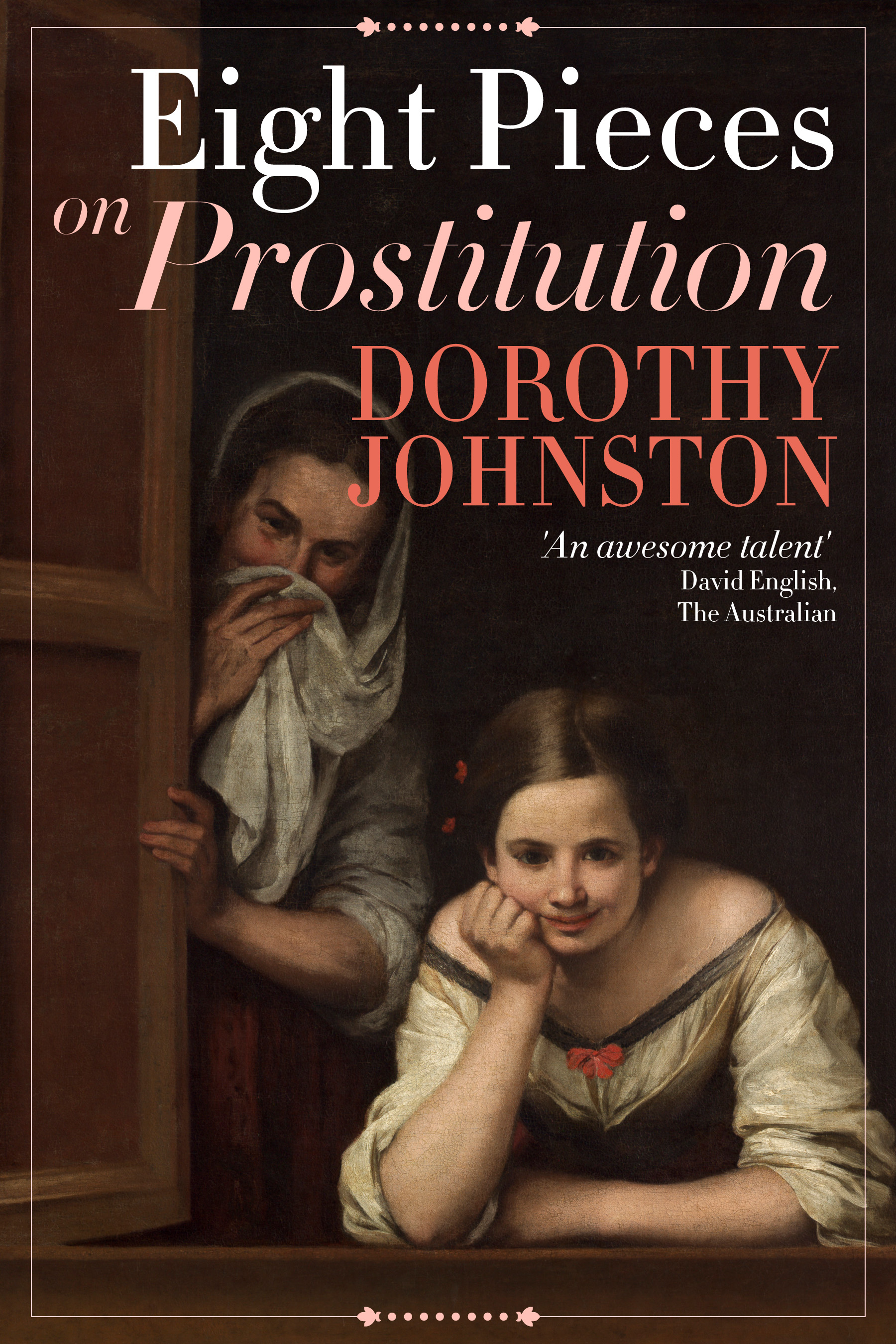

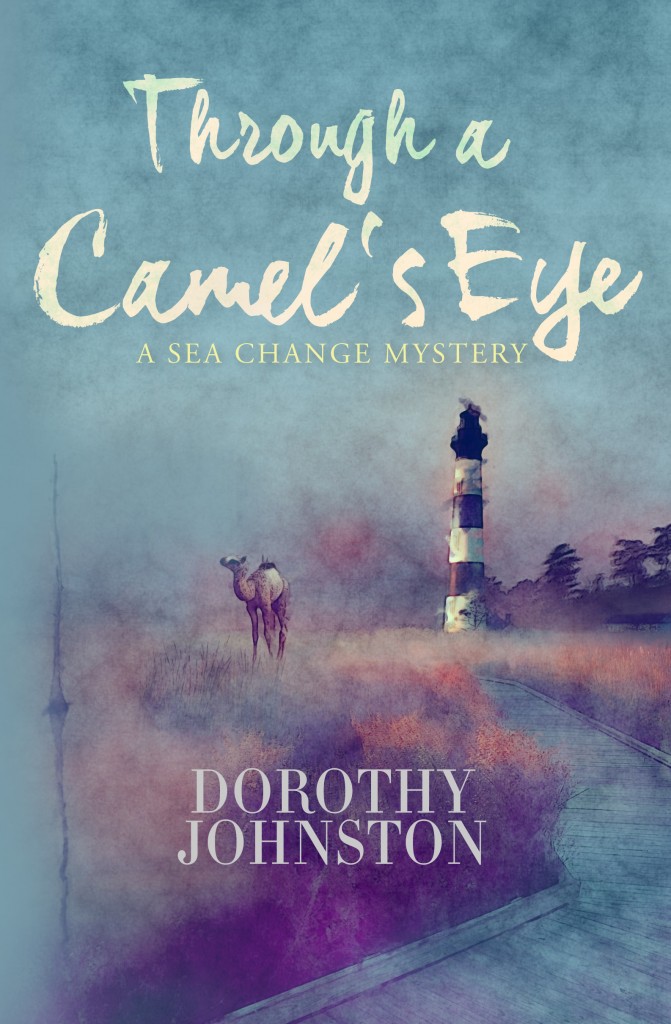
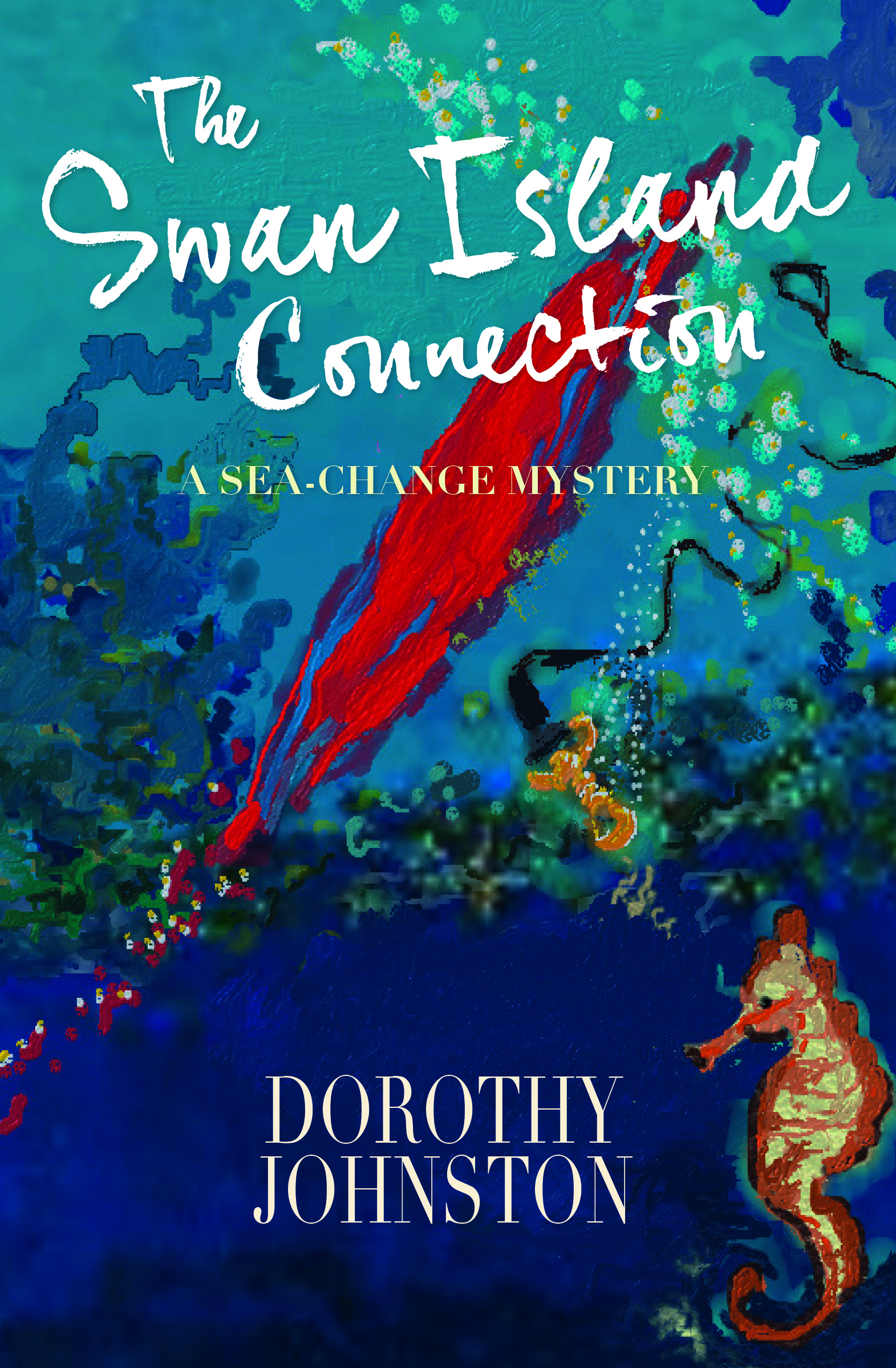
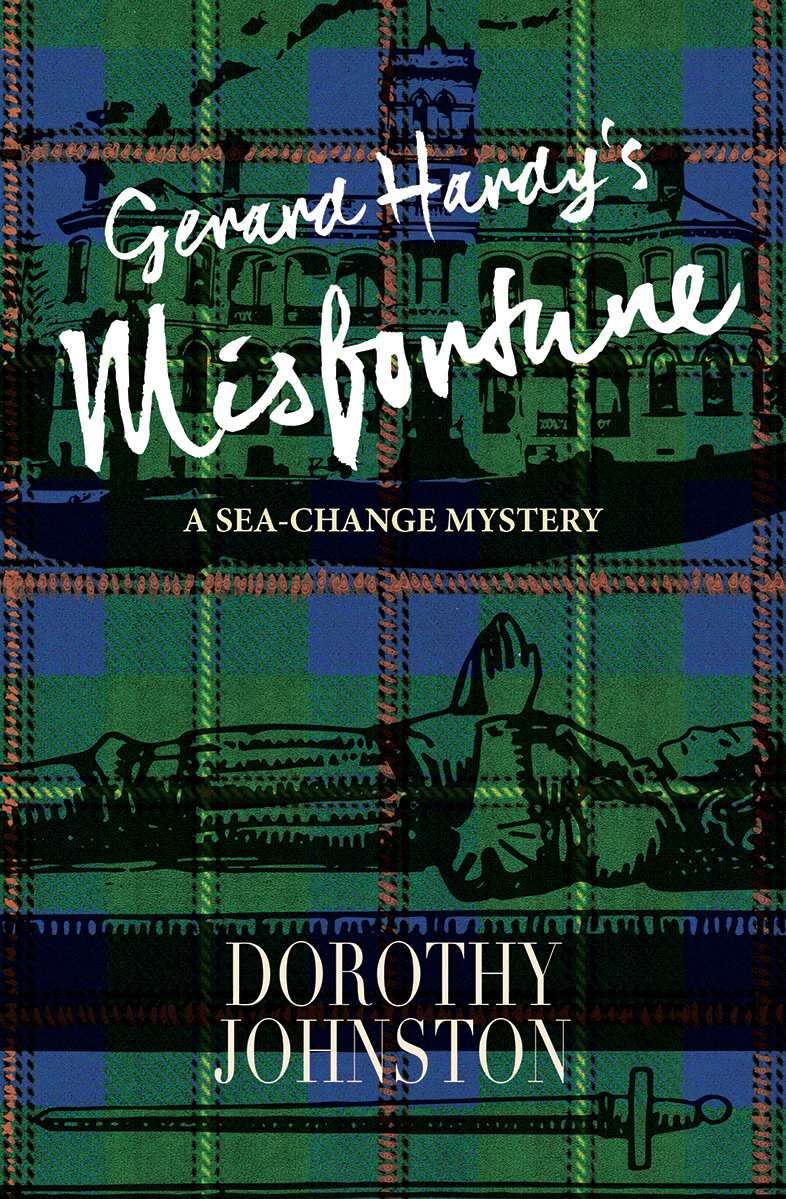

I remember that essay, Dorothy, and the admiration I felt for what seemed to me a sensitive analysis of something so essential to the movement of prose as the sentence, something the rhythm of which is so instinctual to me that i’ve hardly given a thought to the work it’s meant to do in fiction. I’ve read once that the building block of prose is not the sentence but the paragraph, and if rhythm’s your thing I think that’s true. Then there’s the business of intimacy – the demand by publishers and their readers that writers accomplish empathy, as the sine qua non of fiction – hence the present tense. What I do think has happened is that marketing has taken such hold of publishing that orthodoxies about genres have developed, and only writers with big enough reputations and sales are given a chance to move fiction forward, to experiment with and break with convention.